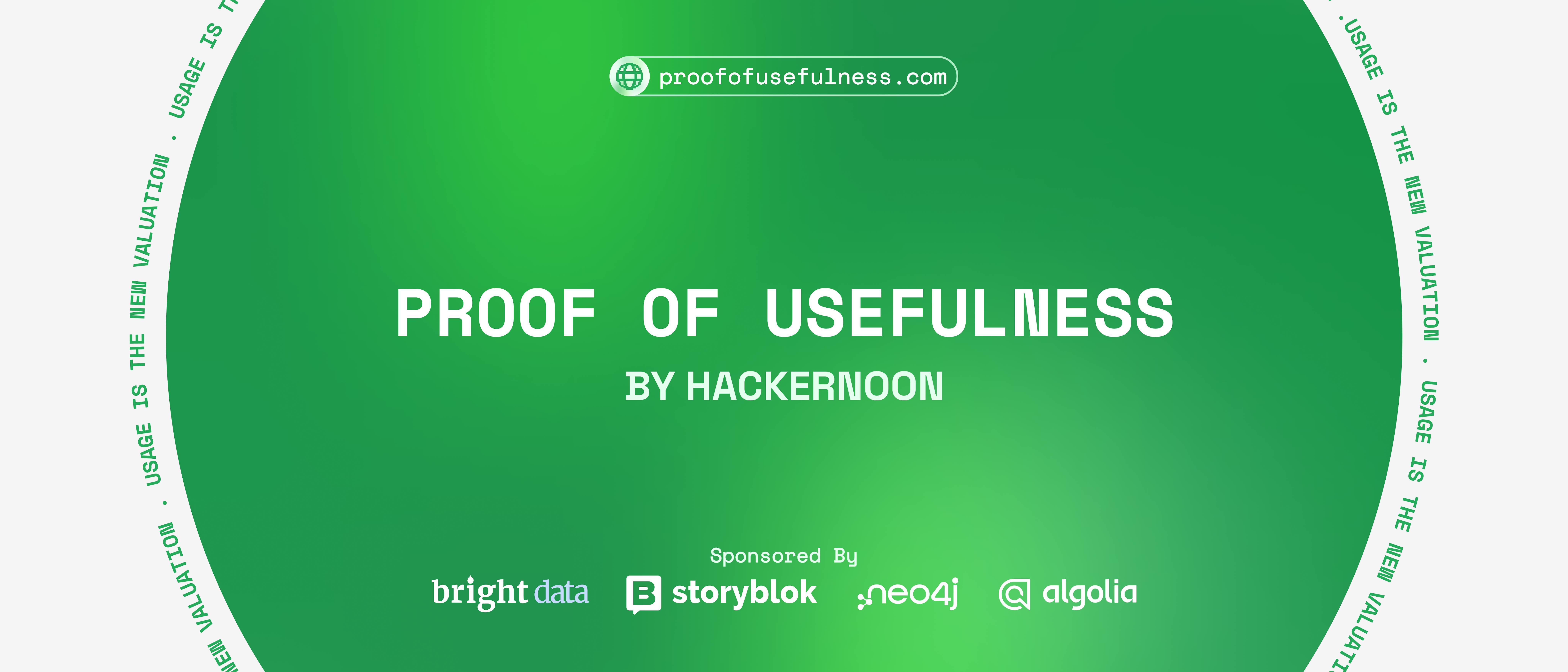Google has added support for the Go language to its Agent Development Kit (ADK), enabling Go developers to build and manage agents in an idiomatic way that leverages the language’s strong concurrency and typing features.
The Go ADK is an open-source toolkit that enables developers to build modular multi-agent systems in which specialized agents are are organized hierarchically. It also provides support for debugging, versioning, and flexible deployment.
Agent Development Kit (ADK) is designed for developers seeking flexibility when building advanced AI agents that are tightly integrated with services in Google Cloud.
Google says its ADK supports code-first agent development, meaning that all logic, tools, and orchestration are defined using a programming language. This approach brings developers clear advantages, including greater flexibility, improved testability, and easier versioning. The ADK also includes a built-in development UI designed to simplify testing, evaluation, debugging, and demonstration of agents.
The ADK development UI, known as ADK web, is a Node.js app build with Angular that can be accessed via a browser at localhost:4200. It enables inspecting events, traces, and artifacts within the ADK runtime. As Google relations engineer Daniela Petruzalek explains, the ADK development UI is particularly useful for “focusing on building the agent capabilities and tooling”, heping teams to reach an MVP as quickly as possible. Eventually, however, developers may need to create a custom UI, which requires interacting with the ADK runtime, as she illustrates in her article by building a simple agent frontend using HTML/CSS, JavaScript that communicates with a Pyhon backend via FastAPI.
The Go ADK is part of the same broader ecosystem also supporting Java and Python, and includes OpenAI specs, pre-built tools, and custom functions. Pre-built tools enable agents to perform tasks such as searching the Web using Gemini, executing code, integrating with Google Cloud APIs, and access numerous third-party services. Developers can also build their own custom tools allowing agents to perform actions like querying a database, retrieving information from a document, and so on.
The ADK also provides support for the Agent2Agent protocol (A2A) for agent interoperability and coordination:
With A2A, a primary agent can seamlessly orchestrate and delegate tasks to specialized sub-agents – whether they are local services or remote deployments – ensuring secure and opaque interactions without needing to expose internal memory or proprietary logic.
A2A support is shipped through an independent library that can be extended to support different communication protocols and database backends.
For a quick start, check out Google ADK samples repository on GitHub, which includes example agents spanning a range of use cases and complexity levels, from simple conversational bots to sophisticated multi-agent workflows. Do not miss the official documentation, which goes to a great extent to cover all ADK features.


-xl.jpg)





